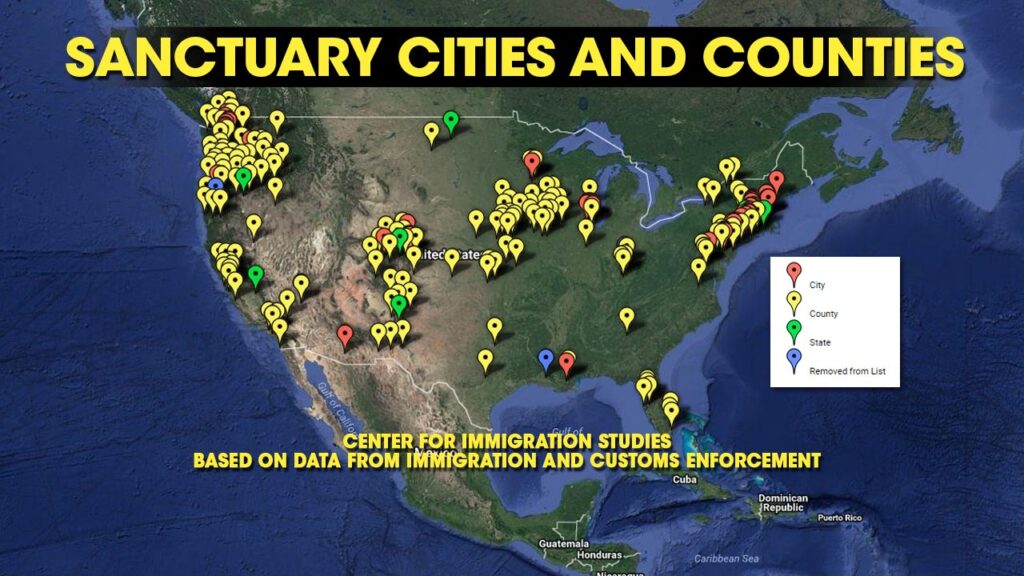Dane County officials held a press conference reaffirming their commitment to protecting all residents, regardless of immigration status, in response to President-elect Donald Trump’s proposed mass deportation policies. District Attorney Ismael Ozanne emphasized that the looming threat of deportations has already discouraged vulnerable populations from reporting crimes, creating a public safety concern.
“This reality perpetuates a cycle of violence and criminality that affects our entire community,” said Ozanne. He added that fear of deportation prevents individuals from engaging with law enforcement, leaving crimes unreported and communities at risk.
Dane County Sheriff Kalvin Barrett echoed these sentiments, stating that his office prioritizes local crime over immigration status inquiries.
However, state GOP Chair Brian Schimming countered these concerns, citing Trump’s America First policies and the need for law enforcement to align with federal mandates rather than engaging in what he described as “political posturing.”
Counter-Reaction: Reexamining Sanctuary Policies Amid Trump’s Immigration Mandate
As Dane County leaders reaffirm their commitment to protecting undocumented immigrants, critics argue that sanctuary policies undermine the rule of law and jeopardize public safety.
Trump’s proposed immigration policies, including mass deportations, aim to uphold federal immigration laws and prioritize national security. Supporters of these measures view sanctuary city policies, such as those in Dane County, as a direct challenge to federal authority. They argue that local officials should cooperate with Immigration and Customs Enforcement (ICE) to remove individuals who have violated immigration laws, particularly those with criminal records.
Proponents of Trump’s approach believe that sanctuary policies create safe havens for undocumented individuals, including some who pose a threat to community safety. They contend that by refusing to cooperate with ICE, local governments risk fostering environments where lawbreaking is tacitly condoned.
Furthermore, Trump views his mandate of restoring trust in law enforcement by ensuring that immigration laws are uniformly enforced across jurisdictions. Critics of sanctuary policies argue that these laws should not be selectively applied based on political preferences, as this undermines the integrity of the legal system.
As Trump’s administration prepares to implement its immigration policies, debates over the role of local law enforcement in federal immigration enforcement are expected to intensify.






























